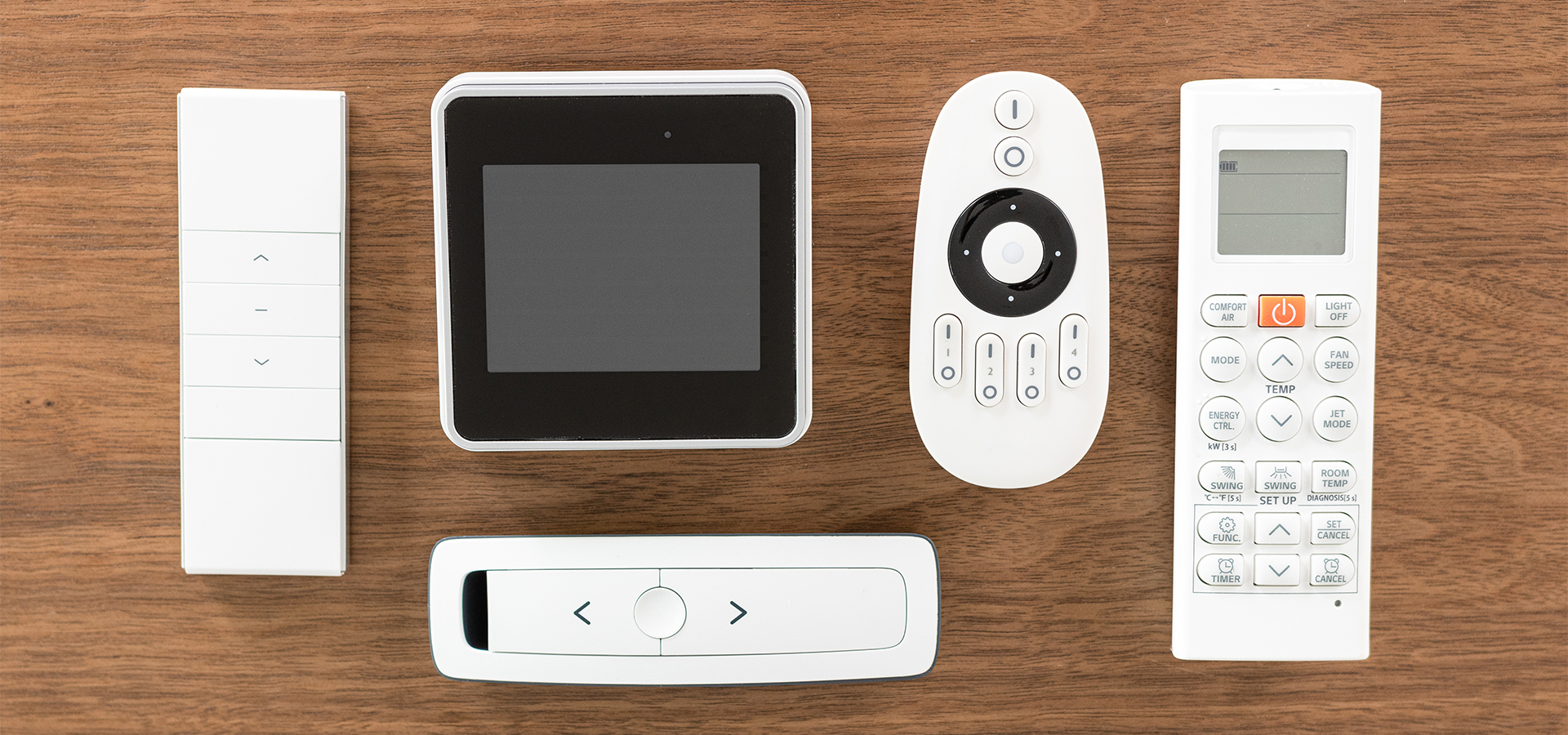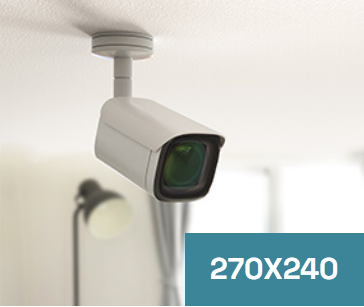10 Essential Questions to Ask Before Choosing a Home Security System
With the vast array of home security options available, selecting the right system can feel overwhelming. From basic alarms to fully integrated smart systems, it’s important to make an informed decision that suits your home’s unique needs. Asking the right questions can simplify this process, ensuring you choose a system that truly safeguards your property and loved ones. Here are 10 essential questions to guide you in finding the perfect home security solution.
1. What Types of Security Systems Are Available?
- Overview: Home security systems generally fall into four categories: DIY, professionally installed, monitored, and unmonitored.
- DIY vs. Professional Installation: DIY systems are often wireless and easy to install, ideal for renters or those looking to save on installation costs. Professionally installed systems, however, come with expert setup and support, making them more reliable.
- Monitored vs. Unmonitored: Monitored systems alert a professional security team when triggered, providing 24/7 oversight. Unmonitored systems rely on your ability to respond to alerts, which can be limiting when you’re unavailable.
Tip: If you’re tech-savvy and prefer flexibility, a DIY monitored system may be a good fit. For those wanting hands-off security, professional installation and monitoring offer added peace of mind.
2. Does It Offer Remote Access?
- Overview: Remote access is an invaluable feature, allowing you to control and monitor your system from anywhere via a mobile app.
- Key Benefits: With remote access, you can arm or disarm the system, view live video feeds, receive alerts, and even control smart devices like lights and thermostats.
- Must-Have for Frequent Travelers: For those who frequently travel or own multiple properties, remote access provides real-time oversight of all security points.
Tip: Look for a system that offers a user-friendly app compatible with your devices. Test the app’s features if possible, to ensure it meets your usability preferences.
3. Is There Professional Monitoring?
- Overview: Professional monitoring adds an extra layer of protection, with security professionals ready to alert authorities if an alarm is triggered.
- Benefits of Monitoring: Monitored systems often have quicker response times and are more effective in emergency situations, as someone is always available to take action.
- Self-Monitoring as an Alternative: While professional monitoring is highly recommended, some prefer self-monitoring to avoid monthly fees. Self-monitored systems send alerts directly to your phone, putting the responsibility of response on you.
Tip: If peace of mind is your priority, opt for professional monitoring. Many providers offer flexible monitoring plans, so you can choose a service that fits your budget.
4. What Features Are Included?
- Overview: The features of home security systems vary widely, from basic alarms to advanced tools like video surveillance, smart locks, and environmental sensors.
- Essential Features to Consider: Look for options like motion detectors, door/window sensors, video cameras, and smart home integration capabilities.
- Advanced Features for Added Security: Consider extras like glass-break sensors, environmental monitoring (for fire, CO2, and water leaks), and automation tools that integrate with smart devices.
Tip: Think about your specific security concerns and prioritize features that address those. For example, if package theft is a concern, a video doorbell might be essential.
5. How Easy Is It to Use?
- Overview: User-friendliness is essential, especially for systems used by multiple family members.
- Considerations: Choose a system with an intuitive interface, easy-to-navigate app, and straightforward controls for arming/disarming.
- Family Accessibility: Ensure family members, even kids and older adults, can easily use the system and access its safety features when needed.
Tip: Ask for a demo of the system to test its usability. User-friendly features ensure the system will actually be used and relied upon daily.
6. What Is the System’s Expandability?
- Overview: It’s important to consider whether the system allows for future expansion as your security needs grow.
- Scalability for Added Features: Look for systems that support additional sensors, cameras, and smart devices. Expanding coverage areas without switching systems can save time and money.
- Flexible Integrations: Many high-quality systems integrate with a variety of smart home devices, enabling you to upgrade as new tech becomes available.
Tip: Choose a system that allows for add-ons like extra cameras or environmental sensors, especially if you’re considering a long-term investment.
7. Is It Compatible with My Current Smart Home Devices?
- Overview: Compatibility with existing smart home devices (like Amazon Alexa, Google Home, and Apple HomeKit) can add convenience and enhance control.
- Benefits of Integration: Integrated systems allow you to manage everything from a single app, automate routines, and even control lights, locks, and temperature settings remotely.
- Future-Proofing: By choosing a system compatible with major smart home platforms, you can easily expand its functionality as your home automation needs grow.
Tip: Check compatibility with any smart home tech you currently own, or plan to add, to maximize functionality and convenience.
8. Are There Any Hidden Fees?
- Overview: Many security systems have additional costs beyond the upfront equipment fee.
- Potential Additional Costs: Look out for installation fees, monthly monitoring costs, and charges for add-ons like extra sensors or cameras.
- Total Cost Transparency: Some companies may offer equipment “free” but require long-term contracts with high monthly fees.
Tip: Ask for a full breakdown of costs before committing. Transparent pricing helps avoid surprises and allows you to budget accordingly.
9. How Reliable Is the System?
- Overview: Reliability is key in a security system, particularly in emergency situations.
- Backup Options: Check for features like battery backup and cellular backup, which keep the system functioning during power outages or Wi-Fi issues.
- Fast Response Times: Look for systems with high-quality sensors and quick alert times to ensure prompt responses.
Tip: Choose a reputable provider known for reliable systems and prompt responses to minimize downtime and maximize protection.
10. What’s the Warranty and Return Policy?
- Overview: A solid warranty and return policy offer protection if the system doesn’t perform as expected.
- Key Warranty Features: Check if the company offers repair or replacement services, and understand what is covered (e.g., equipment, labor, parts).
- Return Policy: A flexible return policy provides peace of mind, allowing you to test the system in your home environment before fully committing.
Tip: Look for warranties that cover at least a year, and avoid companies with overly restrictive return policies. This ensures you’re satisfied with your investment.
Selecting the right home security system involves more than just picking a brand or model; it’s about finding a solution that matches your lifestyle and security needs. By asking these essential questions, you can make a well-informed decision that keeps your home and loved ones safe. And if you need expert guidance in choosing or setting up your system, J&J Security is here to help. Contact us today to find the ideal security solution for your home.






